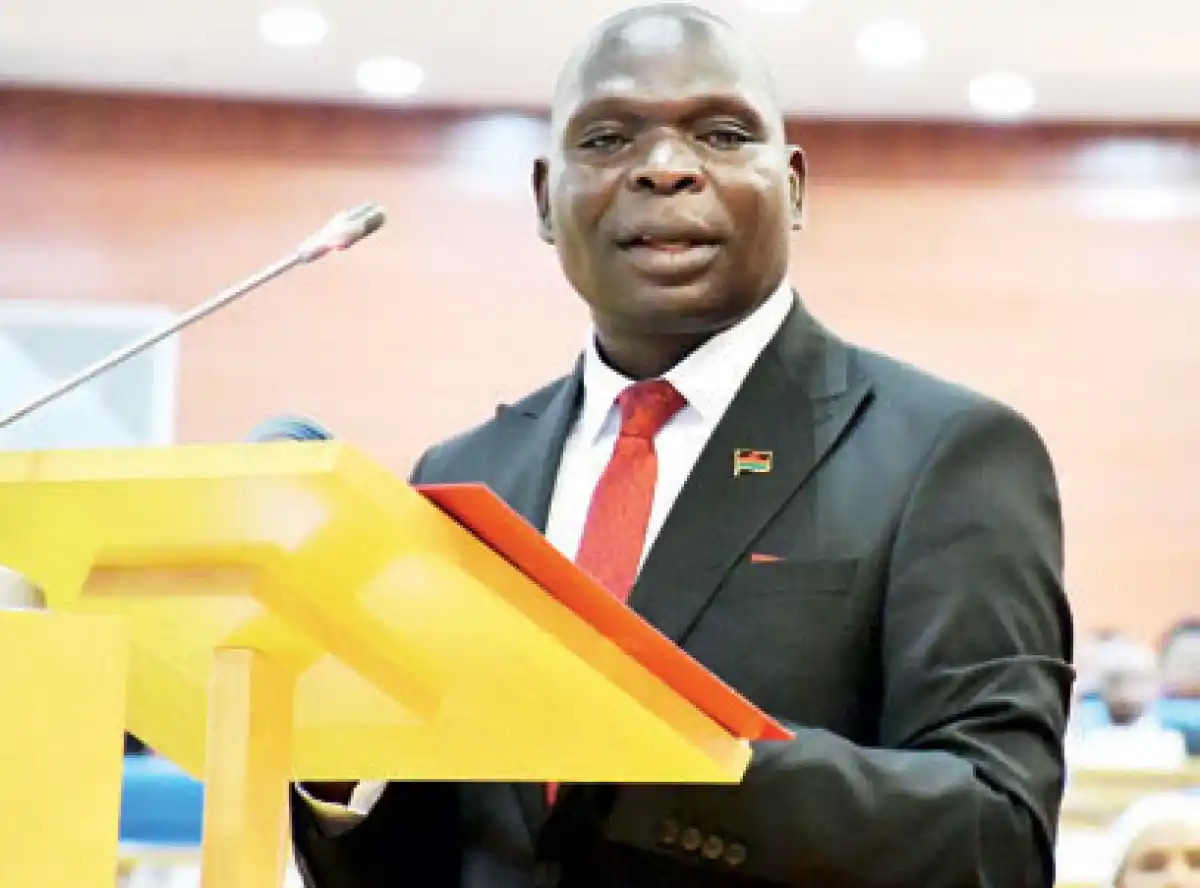
Malawi Government budgetary operations recorded a deficit of K555.1 billion in the first quarter of the 2024-25 financial year as expenditure far outweighed revenue.
This is according to the Reserve Bank of Malawi (RBM) Financial and Economic Review released Thursday.
According to the review, total revenues amounted to K743.3 billion against expenditures of K1.3 trillion during the quarter, which also happens to be the second quarter of the financial year.
“Total revenues during the second quarter of 2024 were estimated at K743.3 billion. This represents a 35.7 percent decline from the K1.2 trillion recorded during the preceding quarter and is a K80.4 billion rise from K662.9 billion collected in a corresponding quarter in 2023.
“The decrease followed a K409.3 billion decline in grant collections to K98.0 billion and a K23.7 billion decline in non-tax collections to K1.7 billion. On the other hand, tax revenues increased by K19.6 billion to K643.6 billion during the quarter under review,” the review says.
It further says total government expenditures decreased by 15.7 percent (K242.0 billion) to K1.3 trillion during the quarter under review following a drop of K588.6 billion in development expenditures to K88.7 billion while recurrent expenditures increased by K346.6 billion to K1.2 trillion.
“The decline in development expenditures was explained by non-receipt of financing in foreign projects during the quarter under review. However, locally-financed development expenditure increased by K27.9 billion to K88.7 billion,” the review reads.
Presenting the budget in February this year, Finance Minister Simplex Chithyola Banda estimated the overall budget deficit for the 2024-25 fiscal year at K1.43 trillion, or 7.6 percent of GDP.
This deficit, according to Chithyola Banda, would be financed through domestic borrowing amounting to K1.28 trillion, representing 6.0 percent of GDP and K150 billion foreign borrowing.
Chithyola Banda was not immediately available for a comment yesterday.
But Scotland-based economist Velli Nyirongo said given the current economic landscape, the government may face challenges in maintaining its budget.
According to Nyirongo, a weaker economic growth rate could adversely impact tax collections, hindering revenue growth.
“Furthermore, high inflation has been eroding the purchasing power of government revenue, potentially necessitating increased spending to sustain essential services,” Nyirongo said.
Blantyre-based economist Marvin Banda said, traditionally, there is a deviation between deficits budgeted for and deficits after the budget has been implemented at the end of the year review.
According to Banda, the quarterly fiscal report has shown that it will be a tough ask for the government to stay within fiscal guardrails.
“The budget implementation process is prone to unplanned expenditures. The deficits arise mainly because of chronic underperformances in the revenue sector which has carried on for consecutive quarters,” he said.
He added that the government could aim to reduce the deviation by prioritising expenditure that will limit the need for debt financing.








0 Comments